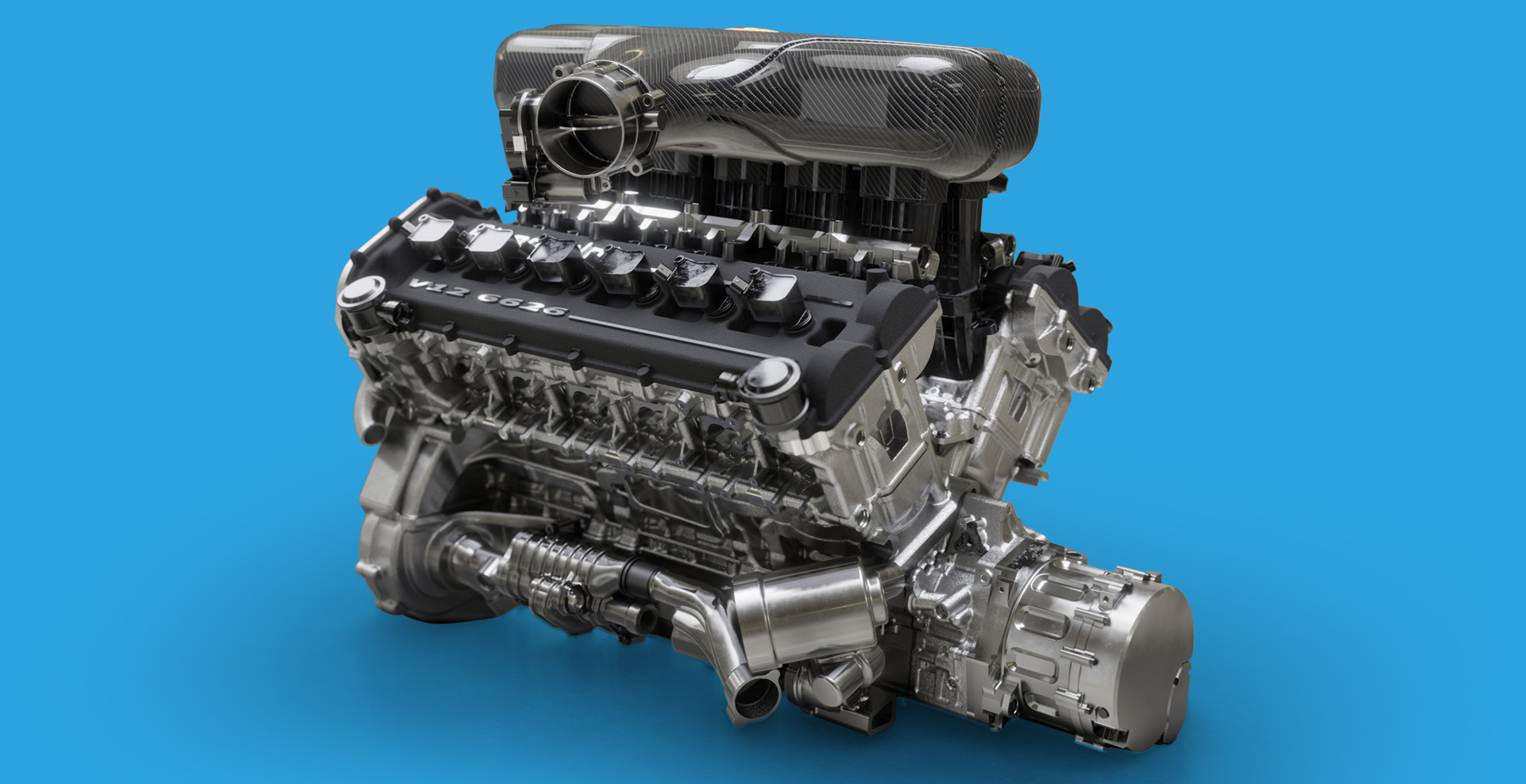Engines For Africa: Top Option for Automotive Lovers
Engines For Africa: Top Option for Automotive Lovers
Blog Article
A Complete Guide to Choosing the Right Engine for Your Job
Selecting the ideal engine for your task is a vital decision that can substantially impact its general success. Each of these aspects plays a pivotal role in making certain that your selected engine not just satisfies instant goals but also aligns with long-lasting ambitions.
Define Your Job Requirements
Defining your task needs is an essential action in picking the appropriate engine for effective execution. A detailed understanding of your project's purposes will assist you in determining the capacities and features called for from an engine. Begin by describing the scope of your project, consisting of the wanted capability, target audience, and the certain end results you aim to attain.
Following, think about the technological needs that straighten with your task goals. This includes examining the compatibility of the engine with existing systems, in addition to the programming languages and structures that will be made use of. Furthermore, analyze the level of scalability needed to accommodate future growth or adjustments sought after.
Budget plan constraints additionally play a vital function in specifying your task needs. Develop a clear monetary structure to assist your decision-making process, making certain that the engine chosen fits within your budget while offering the needed functionality.
Evaluate Efficiency Demands

Next, think about the scalability of the engine. Examine whether it can manage boosted workloads as your project grows. Engines that support straight scaling are typically preferable for bigger applications. In addition, review the engine's efficiency under various problems, such as peak use circumstances, to guarantee it meets your integrity requirements.
Consider Ease of Use
While technological specifications are important, the simplicity of usage of an engine can dramatically influence the development procedure and total project success. An intuitive user interface, clear documentation, and streamlined process can drastically minimize the learning contour for designers, allowing them to focus on creativity and analytic rather than grappling with facility devices.
When evaluating an engine's ease of use, consider the onboarding experience. A well-structured introduction, complete with tutorials and sample projects, can promote a smoother transition for new customers. In addition, the clarity and comprehensiveness of the engine's documents play an essential function; comprehensive overviews and API references can equip designers to troubleshoot and execute attributes efficiently.
An additional facet to take into consideration is the engine's customization abilities. An engine that allows for very easy adjustments can be extra user-friendly, as programmers can tailor it to fit their certain needs without comprehensive inconvenience. Evaluate the process integration with tools and systems you already use. A natural environment can boost productivity and minimize rubbing during the development process. Eventually, selecting an engine that prioritizes convenience of usage can lead to a much more effective and satisfying advancement experience.
Assess Neighborhood and Support
The toughness of an engine's neighborhood and assistance network can considerably affect a designer's experience and success. A vibrant area frequently suggests a riches of shared expertise, sources, and repairing help that can improve your job's advancement process. When assessing an engine, consider the dimension and activity level of its community. Bigger communities generally offer more online forums, tutorials, and third-party plugins, allowing developers to discover services more successfully.
Additionally, evaluate the availability of official assistance networks. Reputable paperwork, responsive client support, and regular updates are crucial for resolving technical check that problems and keeping your project on the right track. Engines For Africa. Active neighborhoods also promote cooperation, offering opportunities for networking click for more and comments, which can be vital, specifically for independent programmers or tiny teams
In addition, examine the existence of community-run events, such as hackathons or meetups. These gatherings can improve your understanding of the engine while connecting you with experienced users and potential partners. In recap, a robust neighborhood and support system not only streamline advancement yet likewise create a setting favorable to discovering and innovation, eventually improving the likelihood of your job's success.
Compare Cost and Licensing Alternatives
Spending plan considerations play a vital duty in picking the ideal engine for your project, as the price and licensing alternatives can significantly affect both temporary expenses and lasting feasibility. Engines For Africa. Different engines offer varying rates structures, which can consist of single acquisition costs, membership versions, or revenue-sharing agreements based upon your job's earnings

Certifying choices likewise vary considerably. Some engines are open-source, supplying flexibility and community-driven assistance, while others may need exclusive licenses that limit use and distribution. Recognizing the effects of each licensing version is crucial, as it impacts ownership legal rights, future scalability, and prospective legal obligations.
Verdict
In conclusion, selecting the proper engine for a job requires a detailed analysis of defined job requirements, performance needs, simplicity of usage, neighborhood support, and price considerations. By systematically dealing with these crucial factors, decision-makers can make certain alignment with both existing and future project needs. A well-informed option ultimately boosts the possibility of task success, enabling reliable resource appropriation and maximizing prospective outcomes within the specified financial constraints.
Selecting the proper engine for your project is an essential decision that can substantially impact its general success.Specifying your project requires is a vital action in selecting the proper engine for successful implementation. A detailed understanding of your task's objectives will direct you in recognizing the abilities and functions called for from an engine.Once you have a clear understanding of your project needs, the following step is to assess the performance demands of the engine.In final thought, picking the appropriate engine for navigate to this site a project requires an extensive evaluation of defined project needs, efficiency needs, ease of usage, area support, and cost considerations.
Report this page